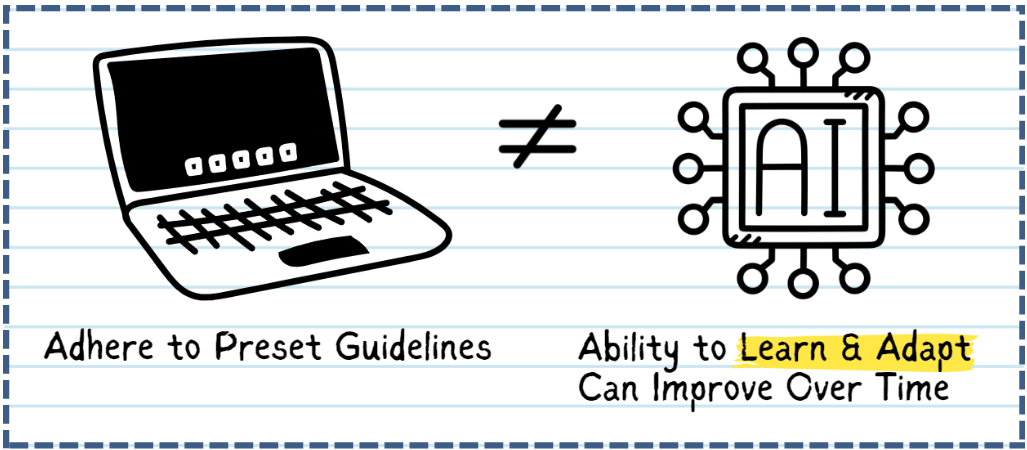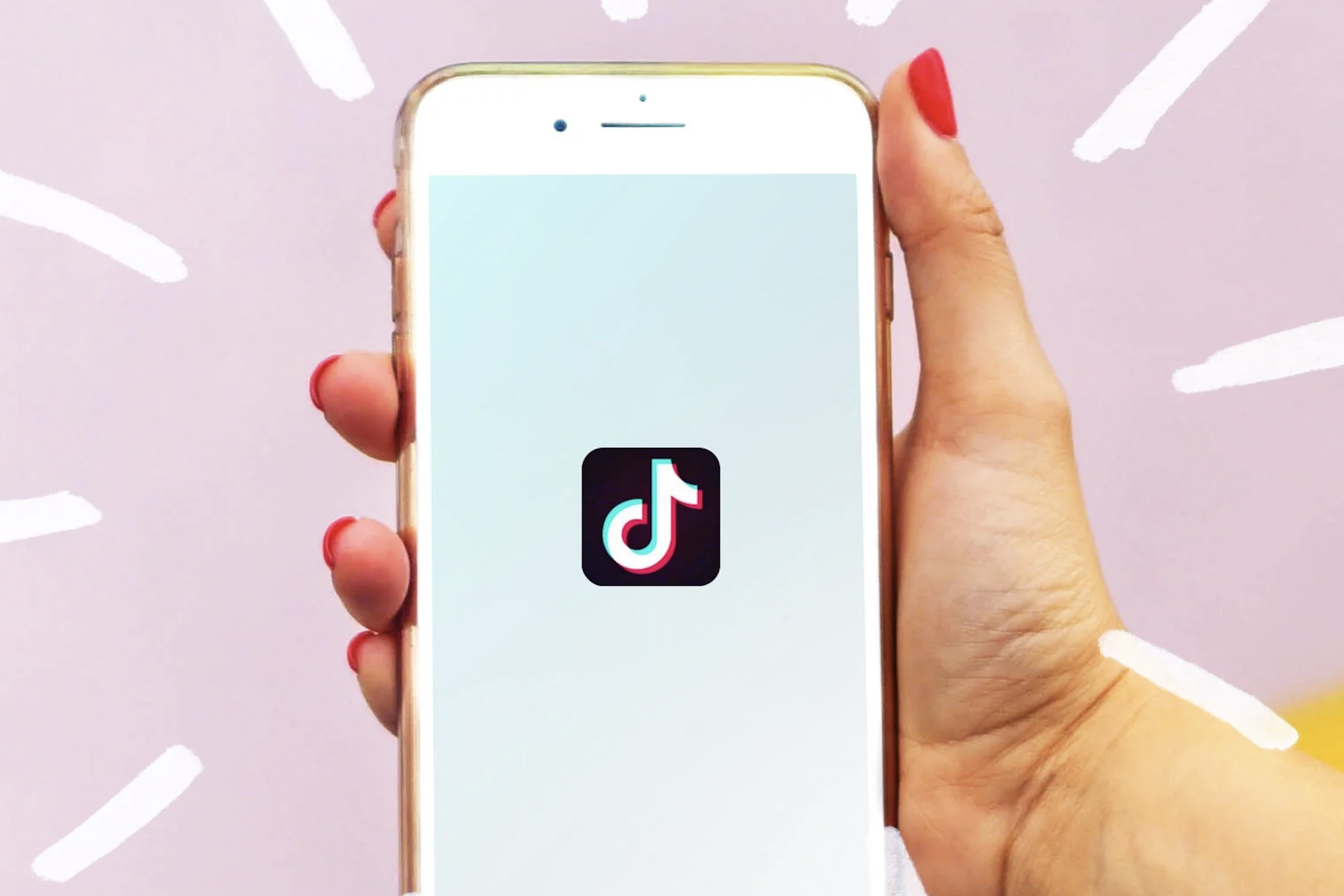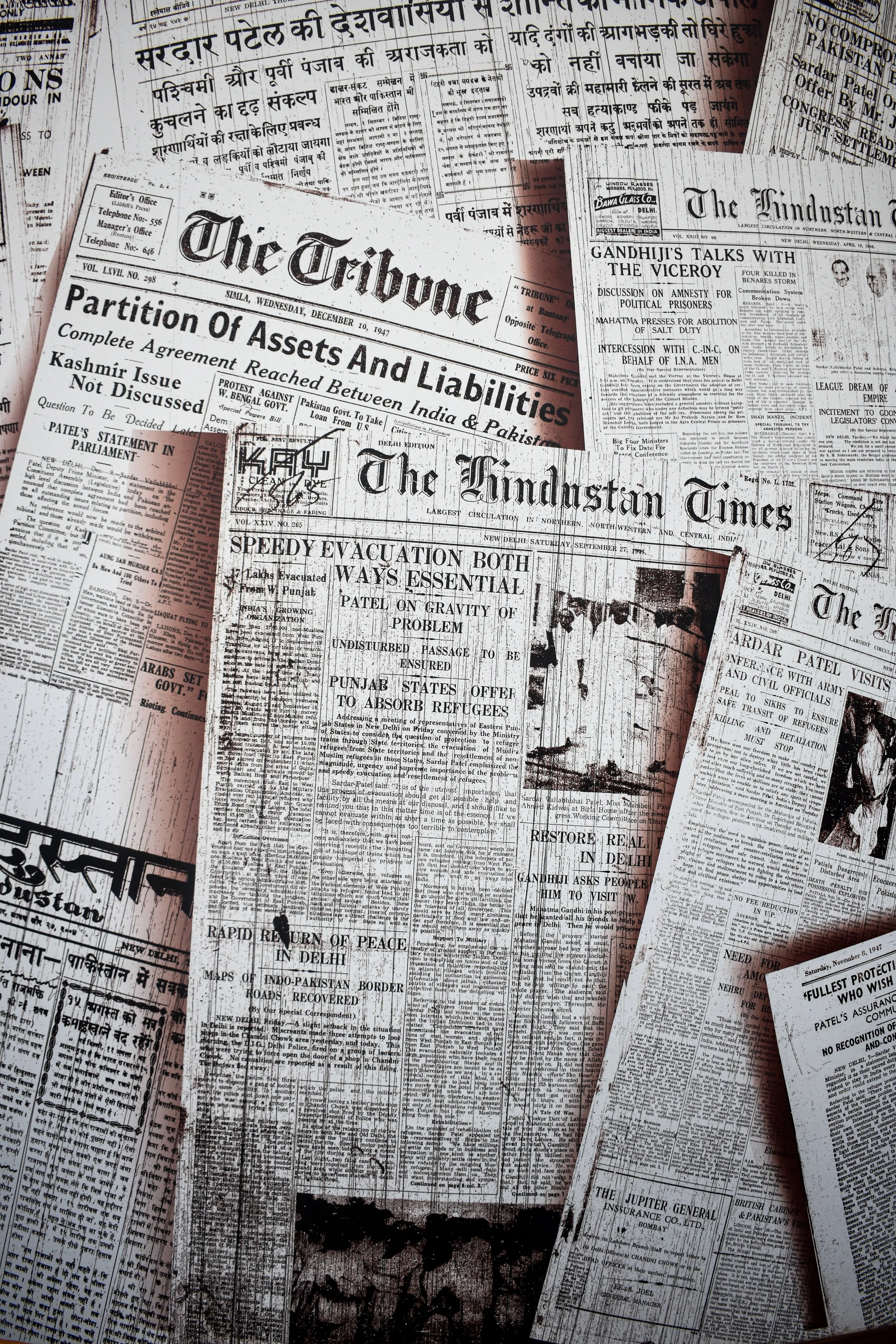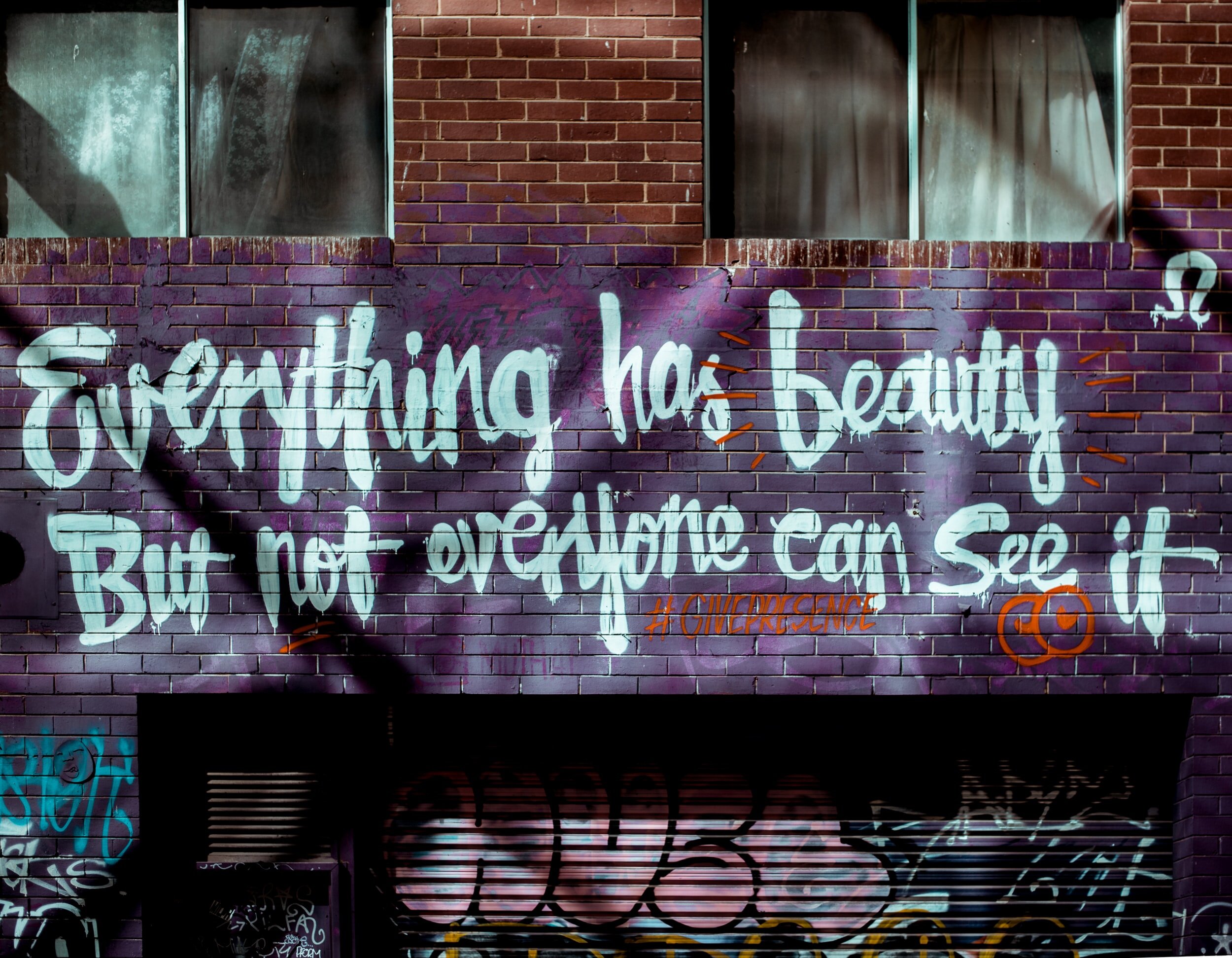As little as ten years ago, the capabilities of image generators were mere fantasy. Now, images can be made in seconds or minutes and children’s books can be generated in an hour, but how will this impact an industry where the art is at the forefront of consumers' minds? Comics, whether they be digital or print, have been heavily dependent on individual or small groups of artists to weave together stories. The ease of using AI to replicate that work may not be simple.
TikTok — to Ban or Not to Ban
As previously foreshadowed by Samantha in an article written in July of 2023, TikTok: Opportunity and Risk, TikTok has been under a microscope from governments across the globe for quite awhile. The analysis provided in her article is still relevant today given the recent vote to ban TikTok, and the United States House moving forward to force Chinese state-owned TikTok company ByteDance to sell their ownership of the U.S. version of TikTok, or lose access to the United States TikTok market. To fully understand the situation, this article will recap TikTok’s controversial Privacy Policy and the 2023 testimonies, and also discuss the current governmental situation surrounding the ban.
In the News: April 2023
Technologies like artificial intelligence and NFTs continue to break into new industries this April. The United States government licensed ChatGPT, dancers paired with robots, and music industry leaders have been taking a stand on AI-made music. We are in the midst of figuring out where these technologies fit into our lives, and how they will change our industries. Feelings of uneasiness continue. The following stories illustrate a variety of viewpoints on the ways in which technology has been integrated into new and unique settings as of late.
In the News: March 2023
From rising STEAM programs to the emphasis on AI in popular culture, the interplay of art and technology allows for new visions to be imagined, new heights to be reached, and new stories to be told. This month, we’re highlighting some of the ways in which technology and art interweave to redefine the very definition of creativity.
In the News: January 2023
In the News: November 2022
In the News: October 2022
As issues surrounding AI and NFTs continue to come to light, conversations about ethical uses of technology become more complex. This month, we are taking a look at stories that address the issues of data privacy in AI technology, the ongoing legal battlefield of NFTs, and digital strategies in theatre.
In the News: September 2022
In the past month, AI has been dominating arts news. As its role as a collaborator and partner in visual art projects grows in popularity, many question its ethics and even object to its use in the arts entirely. There’s no doubt of its benefit in certain contexts. For instance, in the area of cultural preservation projects, which may take humans much longer if unassisted by the technology. But, understandably so, there also seems to be a looming fear in the artist community that it will displace human artists. Many object to even calling AI-generated or AI-assisted art “art.” While the future is uncertain concerning the legality and ownership of such “artwork,” these conversations are important to have. And it is vital to stay informed on the various issues involving AI in art, both good and bad, to see how the law adapts.
In the News: August 2022
The Monopoly Game: How Consolidation Jeopardizes Content Independence in Gaming
Throughout my tenure as Chief Editor of Research at AMT Lab, I have focused on the benefits of the gaming industry for nonprofits, as well as the monopolistic tendencies and battles of Big Tech, specifically regarding arts and entertainment. Recently, these two worlds have collided, as a wave of consolidation in the gaming industry has raised a new set of antitrust concerns across the globe. In the center of it all? None other than Microsoft, a Big Tech giant that has evaded the antitrust spotlight over the past few years – until now. Due to the expanding value of the video gaming industry at over $300 billion, mergers and acquisitions seemed an obvious destiny bound for the trials and tribulations of antitrust litigation. Microsoft has successfully inserted itself into the gaming industry, incited the largest wave of consolidation that it has ever seen, and merged its dominant position in the sector with its Big Tech-skewed Metaverse goals.
The Importance of Nonprofits' Prioritization of Patron Privacy
In 2021, TikTok updated its privacy policy which allowed it to collect biometric data on its users, including faceprints and voiceprints. Rather than explicitly informing its users about this change, the app vaguely communicated that they were issuing a “privacy update.” Once people found out what the update entailed, concern rightfully grew. This type of data collection indicates a significant shift from companies collecting behavioral data on their consumers to something much more invasive and without true consent. Only 36% of Americans trust tech companies using facial recognition technology. In general, public trust in Big Tech has been steadily falling in the United States. Regardless, however, most people still click “accept” to the Terms & Conditions on any website without actually knowing what is being agreed to, indicating a disconnect between what US citizens expect from businesses and what is actually being conducted. With a lack of national protection, nonprofit organizations must assume responsibility in protecting personal consumer data and using it ethically.
In the News: June 2022
Three Platforms of Value for Independent Artists
Indie artists have been traditionally excluded from major labels due to their obscurity and improbability of generating revenue, causing difficulty in creating a career. Nowadays, however, independent artists have more power and capacity to survive, even thrive, without the help of a major label. The advent of the internet, streaming, and social media, as well as legislation regulating for rights of independent recording artists, have pivoted the music industry in the 21st century.
Music Piracy Through NFTs: Copyright Infringement in the Age of Blockchain
NFTs, or non-fungible tokens, have gained massive popularity in recent years, touching industries from fashion to video games. NFTs occupy a unique space under copyright law, but are subject to the basic rules other art forms are. The law protecting digital assets, the Digital Millennium Copyright Act (DMCA), was passed in 1998 before NFTs were prevalent. The DMCA allows any artist to request a work be taken down if it is something they have ownership over and did not authorize its publication. This extends to artists with any ownership stake, whether they are a singer-songwriter with sole ownership over a song, or a whole team of writers and producers. While NFTs have the potential to benefit musicians, the music industry has fallen victim to the copyright issues NFTs present. Music industry professionals should understand the vulnerability of their work and consider monitoring NFT marketplaces to get ahead of being victims of copyright infringement.
Crypto: The Good, the Bad, & the Ugly
In recent years, the advancement of cryptocurrencies and blockchain-based technologies has led to increased exploitation from criminals. From “pump and dump” scams to cybercrimes, the rapid rise of digital assets has raised questions about their exploitation by criminals to launder money and commit fraud in untraceable and anonymous ways. Lawmakers and regulators have been trying to figure out ways to combat the threats that the growing sector imposes. On February 17, 2022, the Department of Justice announced its new National Cryptocurrency Enforcement Team (NCET) appointing Eun Young Choi as director. Many argue that the NCET and the FBI’s Virtual Asset Exploitation Unit that launched on February 18, 2022 signals more crackdowns on the crypto industry. As the possibility of regulations looms, what are some of the effects it may bring to the crypto and NFT markets? This article explores what some may look like.
Why Arts Nonprofits Should Care about Big Tech Lawsuits
Antitrust lawsuits in the United States had its historical beginnings with the Carnegie Steel and Standard Oil monopolies. The early 20th century was a time of trust-busting and a battle of government regulation of these industries, which were seemingly impossible to control due to their power through insurmountable wealth and market domination. Then, the 70s and 80s saw the trust busting of the Bell System in the sector of telephones and communication. Now, almost exactly a century after the passing of the antitrust laws and almost a half-century after the most recent conglomerate disaggregation, monopolies adjacent to the industry of telephone and communications run rampant in the United States – and the government is again facing difficulty in quelling their expansive power. This article will analyze three ongoing and one recently closed antitrust cases against Amazon, Apple, Alphabet, and Meta, and suggest effects that the rulings may have on how the nonprofit industry functions.
NFT Showdown: Miramax vs. Tarantino
There is ongoing legal debate around Quentin Tarantino's latest project, an exclusive behind-the-scenes NFT collection based on the 1994 Miramax blockbuster hit "Pulp Fiction," published in December 2021 on Opensea by SCRT Labs. A California lawsuit will determine whether Tarantino's plan is too cavalier, and whether Miramax should receive a cut of the sale. Today’s NFT world is governed by crude and antiquated laws surrounding copyright and trademark ownership. Hopefully this lawsuit establishes new legal boundaries and guidelines for future cases. In the meantime, NFT collectors should stay wary of ambiguous claims and unclear terms.
NFTs Legal Considerations and Implications
In early 2021, the $69M sale of Everydays – The First 100 days, by Beeple, sprung NFTs from a niche but growing section of the digital art world into the mainstream public consciousness. Google searches for NFTs skyrocketed. Saturday Night Live spoofed the rapid sector growth with a parody of Emenim’s “Without Me” entitled “What the Hell’s an NFT.” A 10 second clip of the sketch was subsequently turned into an NFT which sold for $365,000. As pop culture awoke to and embraced this facet of the digital art world, so too has the urgency for artists, museums, and collectors to understand the rapidly evolving legal considerations within the NFT space.
Digital Privacy and Subversive Art
Having a better understanding of domestic legislation regarding digital privacy, as well as the international landscape as it pertains to these issues, can help in managing art that could be characterized as “seditious” or “radical.” It is important to note that surveillance, from both private and governmental entities, is on the rise as are the possibilities of censorship or unconstitutional oversight.
























